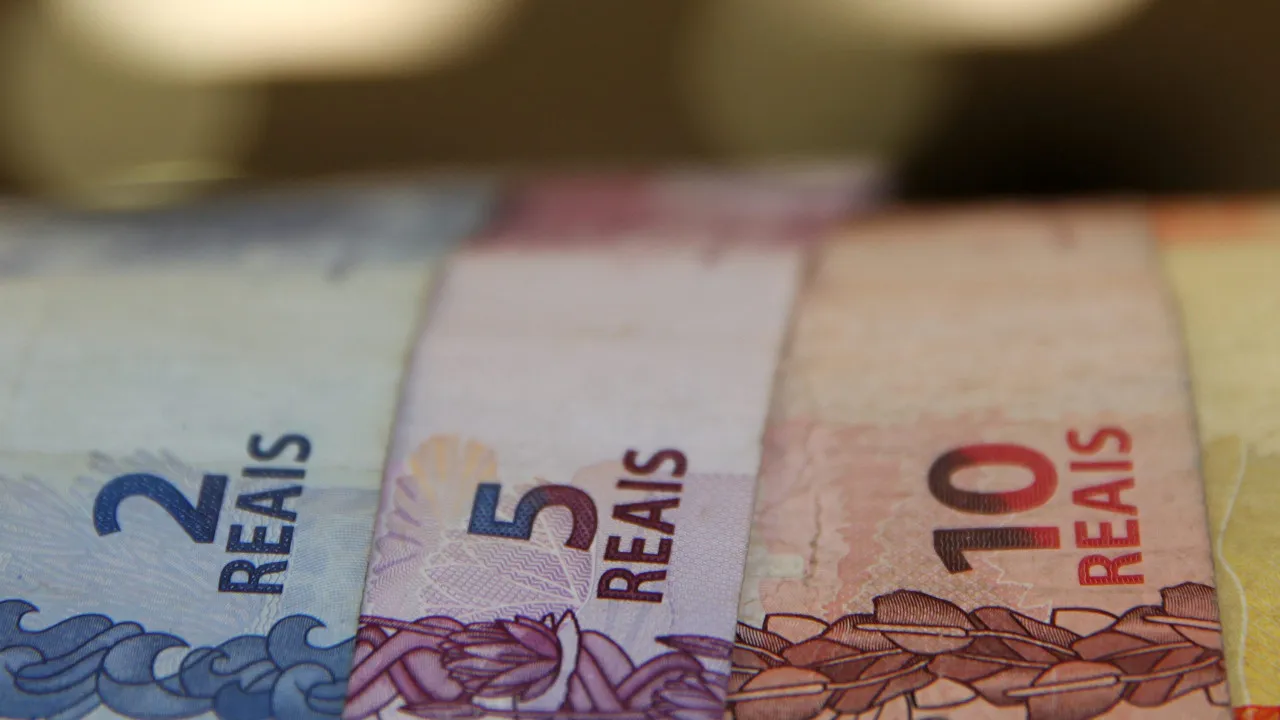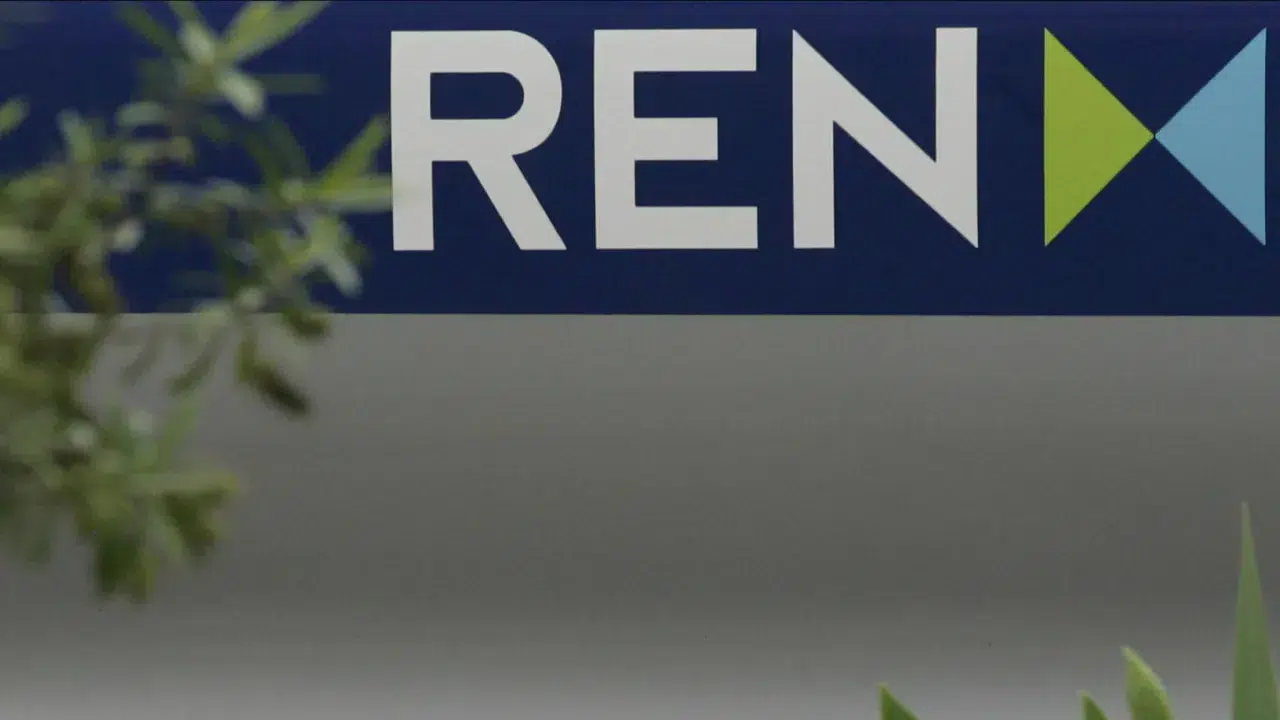
Known as the Safra Plan, Brazil’s annual initiative provides financial support from public banks to the agribusiness sector, available for the 2025-2026 harvests.
The allocated amount will be 8% higher than the previous year’s Safra Plan, with loans offering a maximum annual interest rate of up to 8%.
In a speech announcing the agricultural credits, Brazilian President Luiz Inácio Lula da Silva emphasized that one of the main requirements for obtaining loans is the preservation of ecosystems and investment in more sustainable production methods.
“The great success is not the increase in productive capacity, markets, or credit. The great success is learning that preservation is necessary for our country and for the world,” stated Lula da Silva.
Brazil ranks among the world’s largest food producers. A study by the Center for Advanced Studies in Applied Economics (Cepea) and the Brazilian Confederation of Agriculture and Livestock (CNA) indicated that Brazil’s agribusiness GDP grew by 6.49% in the first quarter of 2025.
Given the overall performance of the Brazilian economy so far, the agribusiness GDP could represent 29.4% of Brazil’s 2025 GDP, a significant rise from 23.5% in 2024, according to the same analysis.
Agriculture Minister Carlos Fávaro highlighted at the event that the government’s latest forecasts indicate Brazil will have a record grain harvest this year, reaching approximately 332.6 million tons, 13.6% more than the 2024 harvest.
Loans for large agricultural sector producers were announced one day after a similar plan for small farmers, responsible for nearly 30% of the South American country’s food production, was introduced. This plan is valued at 89 billion reais (13.8 billion euros) and is also available for the 2025-2026 period.
Brazilian government subsidies for the agricultural sector and environmental laws remain a focal point of criticism among European farmers regarding the over-20-year-negotiated agreement between Mercosur (a block founded by Brazil, Argentina, Paraguay, and Uruguay) and the European Union.
At the launch of the credit plan for large farmers, Lula da Silva noted that before Brazil steps down from the rotating presidency of Mercosur, which it will assume on Wednesday, negotiations could progress. He expressed belief that this period “will definitively endorse the agreement with the European Union.”
The Brazilian President referred to his French counterpart, Emmanuel Macron, who has voiced opposition to the trade agreement between the two blocs, negotiated for over 25 years. Recalling his recent visit to Paris, Lula da Silva urged Macron to “open his heart.”




